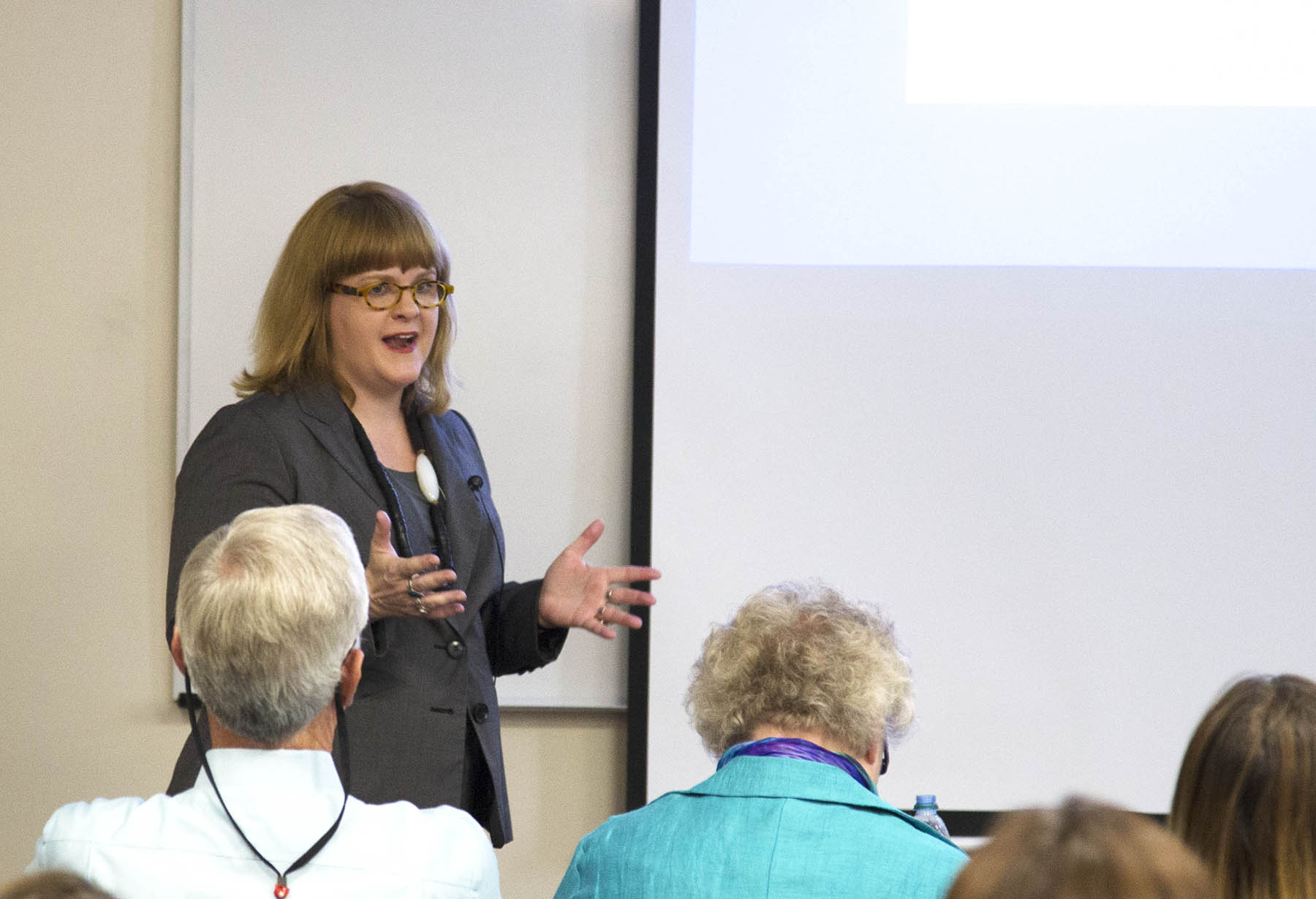Religious Freedom Annual Review 2016 Friday Afternoon Workshops: Religion in the Workplace: Rights and Accommodations

by Grace Hansen
M. Christian Green’s presentation, entitled “Religion in the Workplace: Rights and Accommodations”, began with a reminder from Sigmund Freud that “love and work are the cornerstones of our humanness.” But it was Green who, for the next forty minutes, explained why.
Ms. Green first introduced the theology of work, divided into three parts: (1) work creates an outlet for self-realization or self- expression; (2) work provides a means to earn a living; and (3) work becomes a contribution and a gift to the community. From there, she went on to explain that it is because of the significance of work that religion—perhaps one of the only equally influential pillars in people’s lives—should be protected within the workplace.
“There are three main types of religious discrimination,” Ms. Green explained. “Disparate treatment, disparate impact, and religious harassment.” She then followed up specifically on disparate impact, explaining that it was because of the somewhat ambiguous nature of the category that legislatures and courts often had trouble addressing issues concerning grooming and garb, conscientious objection, or Sabbath and leave.
Although Ms. Green explained religion in the workplace enjoys a long and complex jurisprudence, she pointed to seven specific Supreme Court cases that have provided the current balancing test used to determine whether employees have been given “reasonable accommodation” regarding their religious beliefs and practices without creating an “undue hardship” on the employer. Several of these cases, such as EEOC v. Abercrombie and Fitch and Obergefell v. Hodges, were decided as recently as 2015.
Ms. Green, a former researcher for the Religion, Culture, and Family Project at the University of Chicago and a current senior fellow at Emory University’s Center for the Study of Law and Religion, concluded by reminding the audience that despite the still shifting sentiment on religion in the workplace, the issue remains of peak importance because, again using the words of Sigmund Freud, “Love and work, work and love… that’s all there is.”